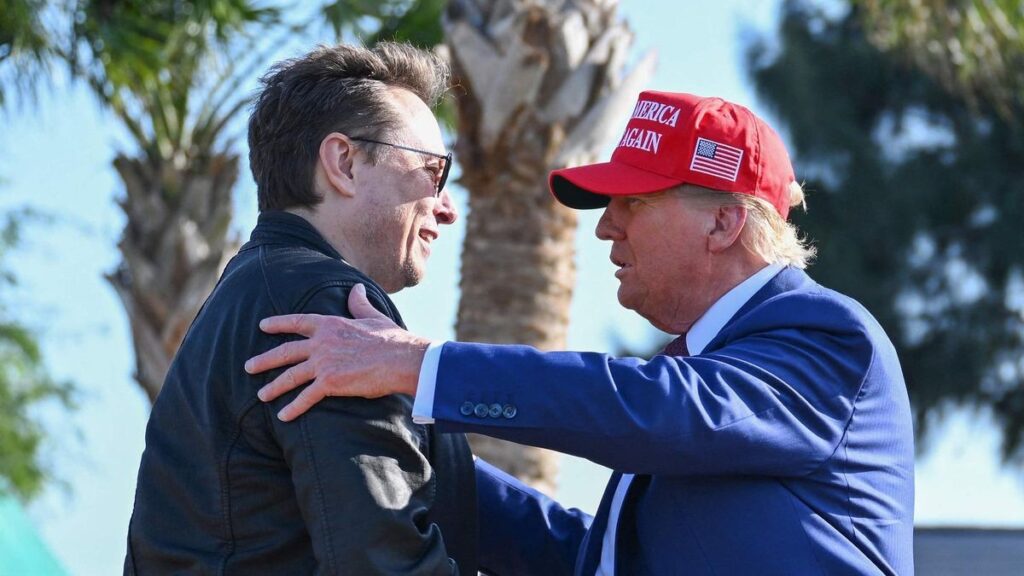
Introduction
The relationship between Elon Musk, CEO of SpaceX and Tesla, and Donald Trump, the 45th President of the United States, has long fascinated observers across the political and business spectrum. Both prominent figures significantly influence their respective fields—technology and politics—and their interactions carry implications for both national policy and international business. Understanding their complex dynamics sheds light on the current political climate and the tech industry’s role in shaping it.
Initial Interactions and Contrasts
Musk and Trump’s relationship began to take shape during Trump’s presidential campaign in 2016. Elon Musk was initially supportive of Trump, suggesting that his administration could bring innovation and job growth due to its pro-business stance. However, this support quickly waned as Trump’s policies began to favor fossil fuels over renewable energy sources, a significant conflict of interest for Musk, who is known for advocating for sustainable energy.
In 2017, Musk faced a pivotal moment when he resigned from Trump’s advisory councils due to the President’s decision to withdraw the United States from the Paris Agreement on climate change. This public split highlighted the deep contrasts in their priorities: Musk’s commitment to combating climate change versus Trump’s focus on traditional energy sources for economic growth.
Recent Developments
The relationship has continued to evolve. In 2020, Musk publicly supported Trump’s request for factories to reopen during the COVID-19 pandemic, showcasing a continued interest in economic revival. However, as the political landscape shifted with the 2020 presidential election, Musk’s comments and support have become more neutral, focusing on innovation over partisanship. This subject came to the forefront again when Musk openly criticized policies from the Biden administration, which some interpreted as an indirect connection to Trump’s populist rhetoric.
Most recently, as the midterm elections approached, Musk used his platform on Twitter (now X) to comment on potential candidates, reflecting on the possibility of Trump’s return to the political scene. Critics and supporters alike have been paying close attention to his comments and whether they might sway public opinion amongst Musk’s significant following.
Conclusion
The evolving relationship between Elon Musk and Donald Trump encapsulates broader themes in American society, such as technological advancement, economic policy, and environmental concerns. Musk’s innovations and Trump’s controversial leadership style represent two sides of a coin that governs contemporary American discourse. As both figures plan their paths forward—Musk in space exploration and electric vehicles, and Trump potentially returning to politics—the intersection of their influences will undoubtedly remain a focal point in media and public discussions. Readers should observe how their trajectories may continue to affect not just their industries but the global political landscape as well.



